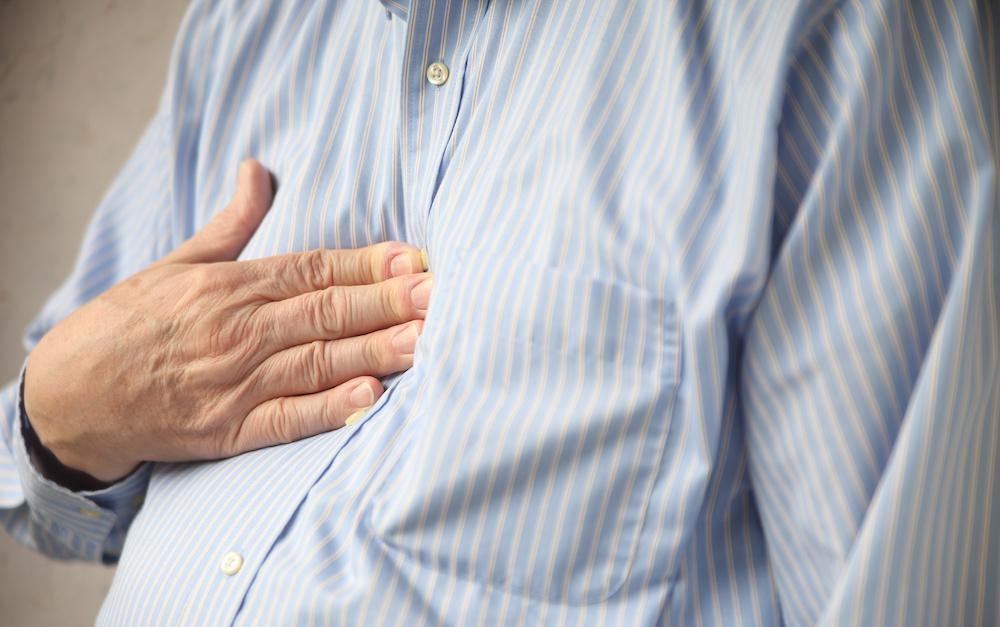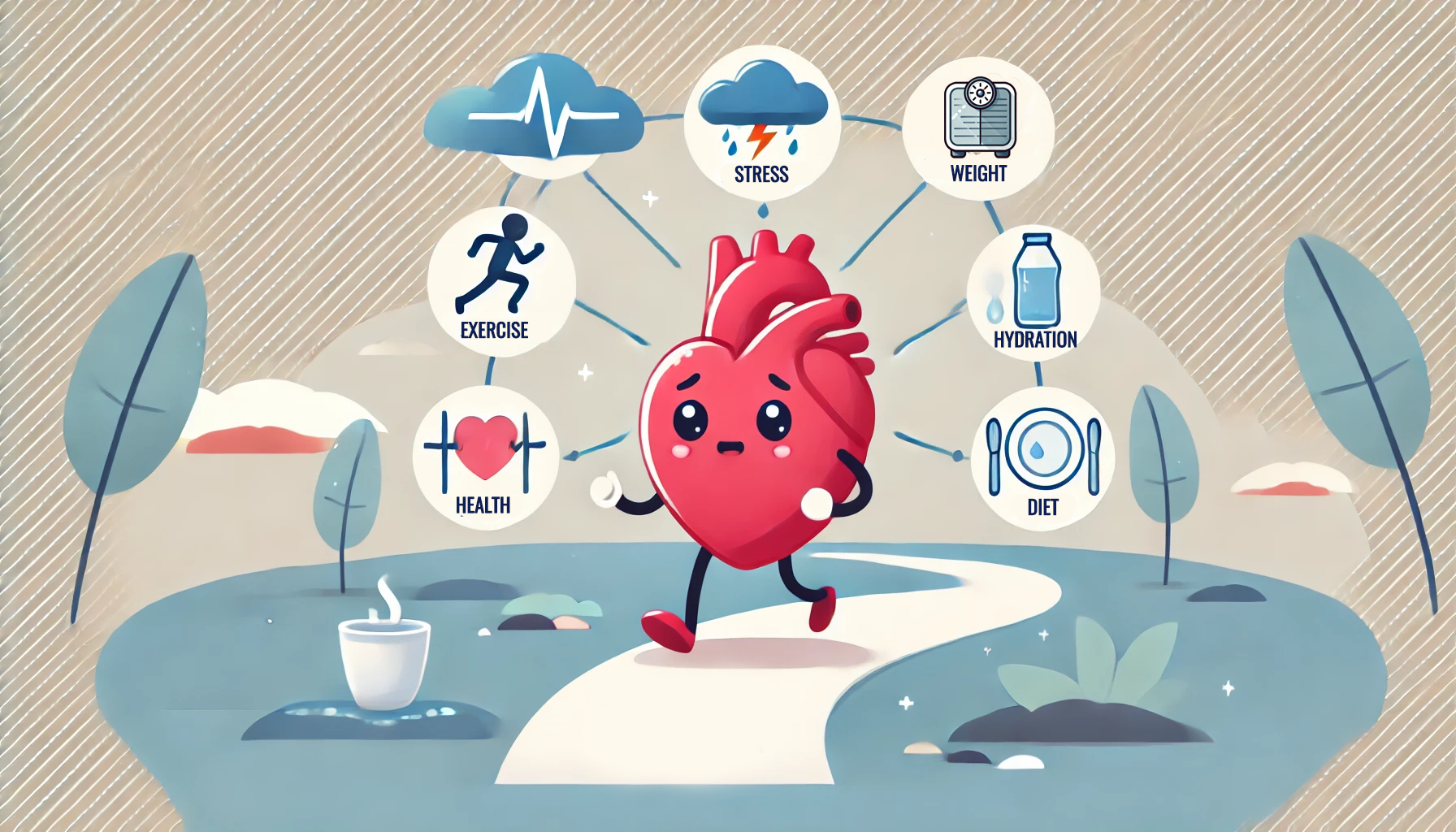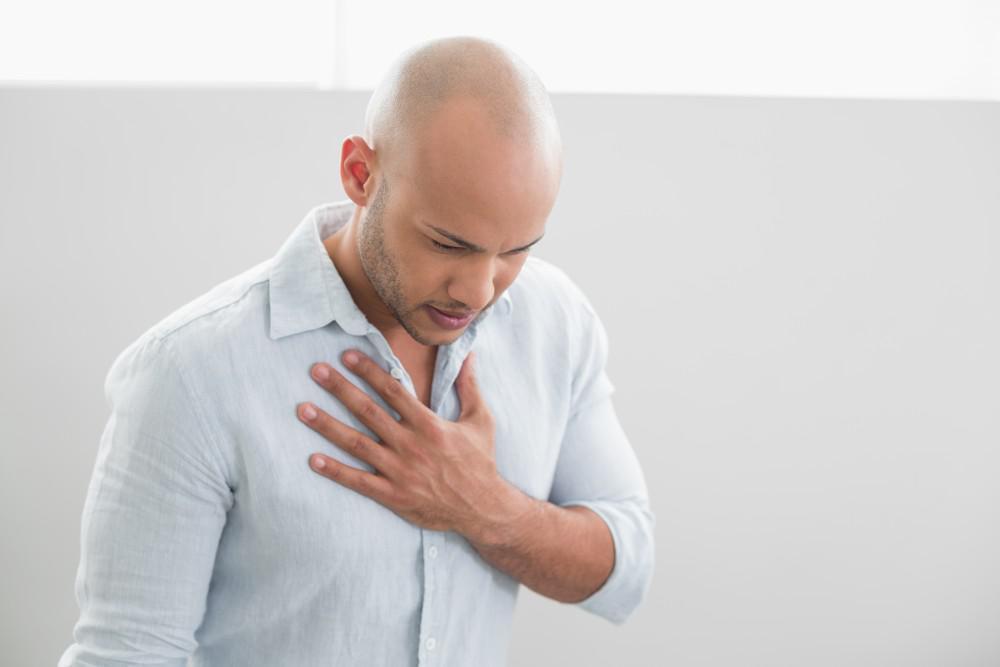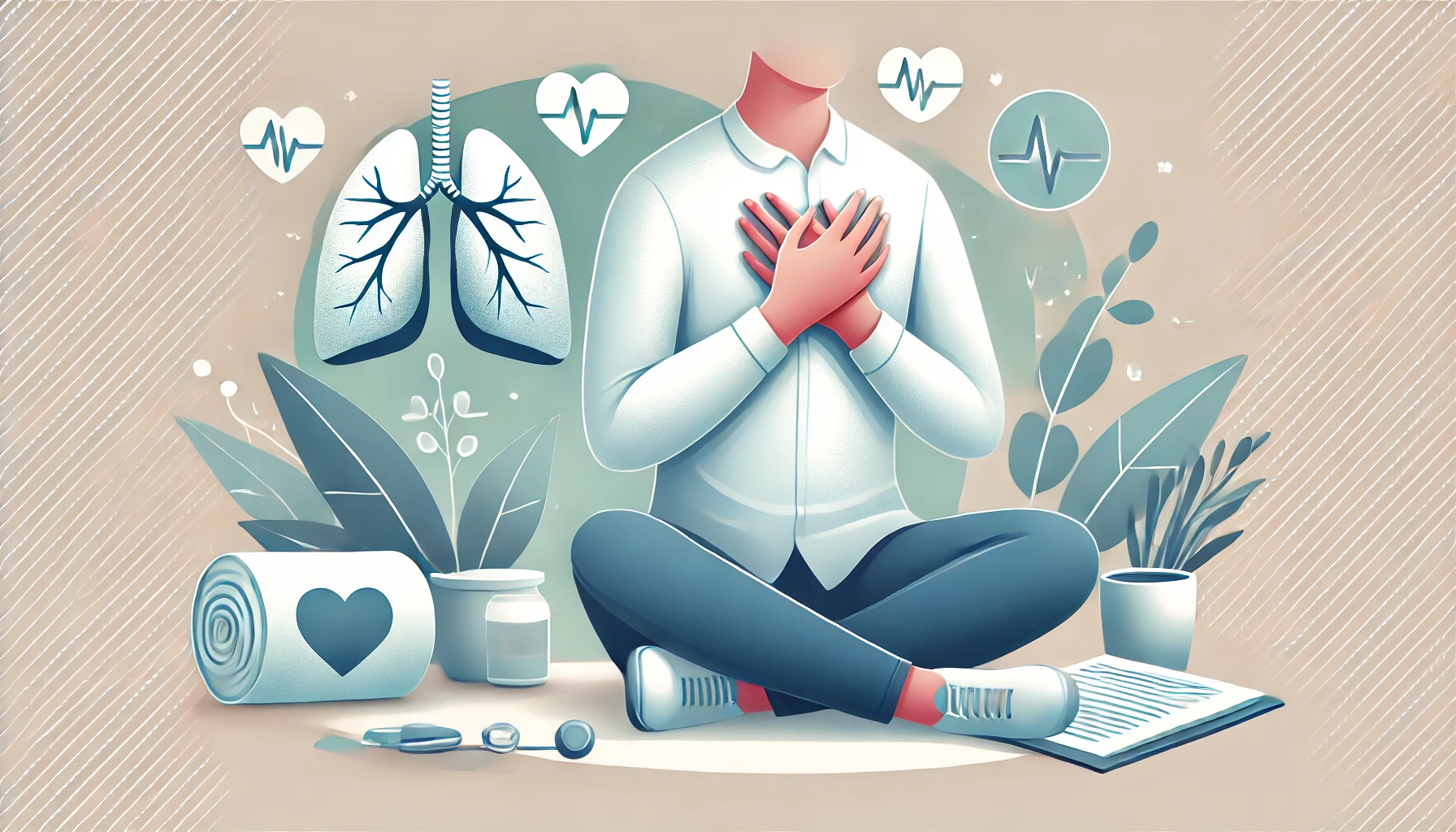About four out of every 10 Americans experience chest pain during their lifetimes, with women suffering from symptoms more often than men, according to data from the American Heart Association. In fact, chest pain is the second most common complaint for people visiting the emergency room.
Although many people associate chest pain with a heart attack, that’s just one possible cause. Many other problems — benign and serious — can cause similar symptoms, too.
At Prime Heart and Vascular, Rishin Shah, MD, is skilled in diagnosing and treating chest pain in patients at their Allen, Frisco, and Plano, Texas, offices. In this post, our team reviews some of the lesser-known causes of chest discomfort.
Pleurisy
Pleurisy is an infection and inflammation of the pleura, a tough but flexible membrane that surrounds each lung. When this membrane is inflamed and irritated, you can feel a sharp pain that worsens every time you inhale, cough, or sneeze. Bacterial infections, lung clots, and some autoimmune diseases can all cause or increase your risk of developing pleurisy.
Pericarditis
Like your lungs, the heart is also surrounded by a membrane — the pericardium. Infections, autoimmune diseases, chest injuries, and inflammation following a heart attack can all cause pericarditis. Like pleurisy, symptoms are worse when inhaling or breathing heavily, and they may also feel worse when you’re lying down.
Injured ribs
Chest injuries can also injure or damage your ribs. Bruised or broken ribs and even muscle strains can cause persistent chest pain that can be mistaken for a heart attack or other serious heart or lung problem.
Collapsed lung
Also called pneumothorax, a collapsed lung happens when air “leaks in” between your lungs and your chest wall. The resulting pressure forces one or both lungs to collapse.
Most people with pneumothorax will have shortness of breath in addition to chest pain. Lung diseases and infections like pneumonia can cause collapsed lungs, and so can traumatic injuries.
Costochondritis
Your ribs are connected to your breastbone (sternum) by tough bands of fibrous cartilage (called costal cartilage). These cartilage bands also help your ribs move when you breathe. Costochondritis occurs when this cartilage becomes inflamed, causing chest pain accompanied by tenderness when the area is pressed.
Aortic dissection
The aorta is one of the primary arteries carrying blood away from your heart. Aortic dissection is an emergency condition that happens when the interior lining of the aorta is torn, allowing blood to leak in between the vessel’s layers. Aortic dissection causes severe chest pain. Emergency care is vital for preventing life-threatening complications.
Pulmonary embolism
Pulmonary embolism (PE) happens when a blood clot travels to your lung, blocking blood vessels that provide your lungs with oxygen and nutrients. Like a collapsed lung, chest pain is often accompanied by shortness of breath. Pulmonary embolism requires emergency treatment to prevent life-threatening complications.
Myocarditis
Although pericarditis affects the membrane surrounding the heart, myocarditis is an inflammation of the heart muscle tissue. Myocarditis can be caused by bacterial, viral, or fungal infections, autoimmune disorders, medications, and exposure to toxins.
Panic attacks
Extreme stress, anxiety, and panic attacks can also cause chest pain. You may also experience a rapid heartbeat, sweating, shortness of breath, and other symptoms that can be confused with a heart attack.
Indigestion
Indigestion is another potential cause of chest pain, especially gastroesophageal reflux disease or GERD. This condition causes acids to flow backward into your esophagus, causing sharp pain and burning sensations.
Diagnosing the cause of your chest pain
Even though chest pain can have relatively benign causes, there’s no sure way to tell on your own what’s causing your symptoms. Our team uses advanced screening techniques to diagnose the cause of symptoms, so you can receive prompt, appropriate care.
To learn more about chest pain diagnosis and treatment, call 972-295-7017, or book an appointment online with the team at Prime Heart and Vascular today.





